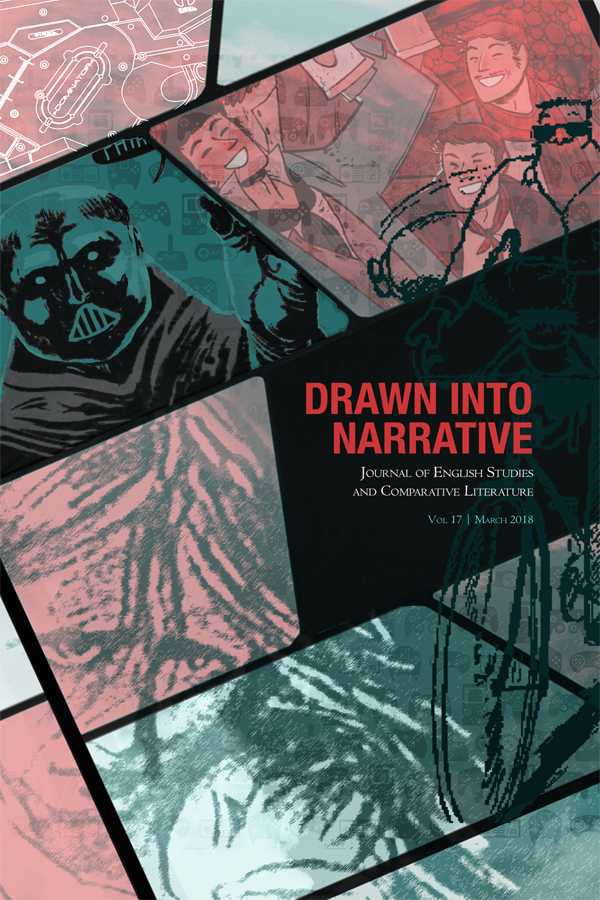COMIC GEOGRAPHIES: HUMOR AND THE TRANSGRESSIVE CONFIGURATION OF ASIAN COMMUNITIES IN LAT’S KAMPUNG BOY
Abstract
While there is a burgeoning study of the role that popular cultural forms play in the national cultures of Southeast Asian nations, there is a dearth of studies that inquire into how popular cultural forms across Southeast Asia create visions of community, a concept much valued and desired in the region, in that community as a social entity is seen to imply connectedness, collectivity, and non-competitive sharing.This paper proposes, however, to study how formations of community and cultural identifications and belonging are complicated and challenged in contemporary Southeast Asian popular culture, specifically in these representative comic strips produced in Malaysia. By examining Malay communal life in Lat’s (Mohammad Nor Khalid’s) Kampung Boy, a cartoon strip in which Lat autobiographically depicts 1950’s life in rural Perak in Malaysia, this paper will discuss how visual structuring and intertextual codes, the deployment of the carnivalesque and the humor of incongruity, the use of linguistic humor, and the comic reframing of the rhetorics of shared purposes and familiar traditions, serve to redefine community by questioning concepts of neighboring and by dis-locating strategies of cooperation and conflict, while continuing to mark and affirm Malay sensibilities.
Published
2019-07-03
How to Cite
ANCHETA, Maria Rhodora G..
COMIC GEOGRAPHIES: HUMOR AND THE TRANSGRESSIVE CONFIGURATION OF ASIAN COMMUNITIES IN LAT’S KAMPUNG BOY.
Journal of English Studies and Comparative Literature, [S.l.], v. 17, july 2019.
ISSN 0119-1721. Available at: <https://journals.upd.edu.ph/index.php/jescl/article/view/6789>. Date accessed: 31 aug. 2025.
Issue
Section
Articles


